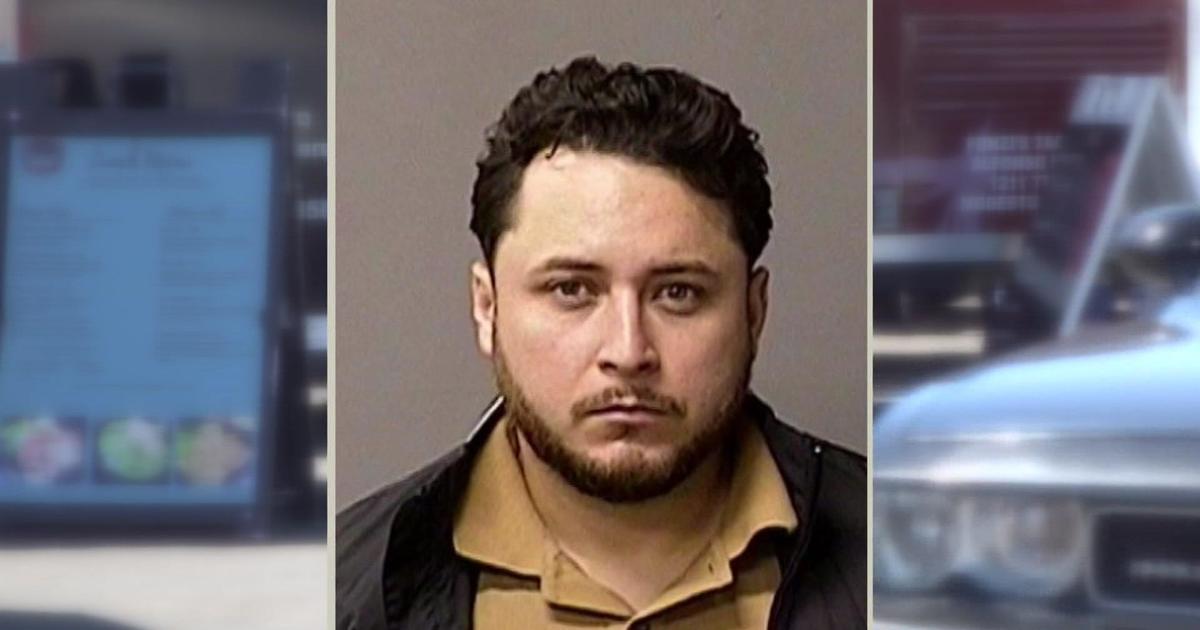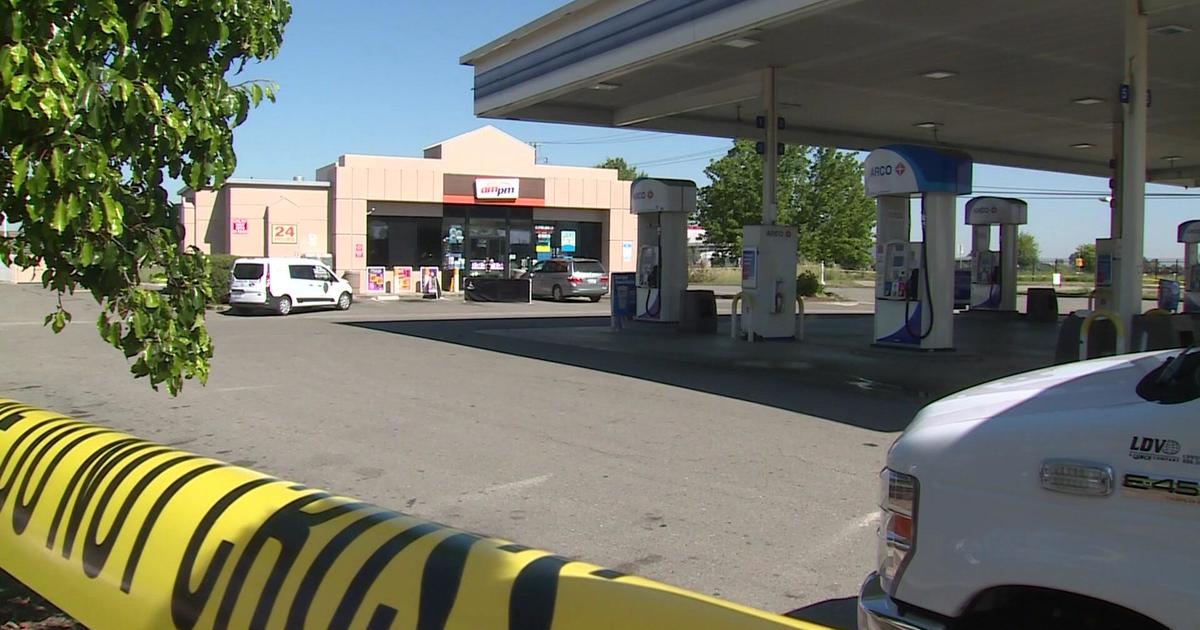Affordable Care Act Could Remove Drug Rehab Cost Barriers
SACRAMENTO (CBS13) — The Affordable Care Act could lead as many as 40 million Americans to rehab as it would eliminate cost barriers for people who need help recovering from addiction.
It is estimated that addiction costs more than $120 billion each year in healthcare costs. But there is debate now whether the Affordable Care Act could help get more addicts clean once again.
"My childhood sweetheart stuck a needle in my arm when I was 18 years old," said Christine Nash. ""When I found methamphetamine, I found the love of my life. I felt I could do anything, I felt I could say anything, I could be anything."
In and out of jail for most of her 20s, Nash would steal so that she could feed her methamphetamine addiction. Her kids were taken away, she lost nearly everything.
"The amazing part is, I was never arrested for drugs," she said. "I never thought I had a problem."
Seven years in prison turned her life around. She wound up getting the professional help she needed and reconnected with her three children.
"Those relationships have been repaired; I talk to my kids every day."
Now clean and a counselor, she understands how many addicts can't stop without professional treatment.
"Today I come to work every day. Today I am honest, I have integrity. Today I drive a Cadillac Today I have a four-bedroom house. Today I am a mother to my three children."
Many like Christine enver get the help they need. The National Institute on Drug Abuse says of the 24 million Americans needing treatment for substance addiction, only 2.6 million are getting it.
But with the Affordable Care Act, it's estimated that 40 million more Americans would be able to afford the $4,000 average monthly cost of treatment with the government subsidies.
But with the costs uncertain, not all Americans are in favor of it, if it involves more public spending.
"Clearly the approach is not what it needs to be, and we should be helping people get back to work, helping people get back on their feet, not a sort of long term sense of entitlement," said Matt McReynolds at the Pacific Justice Institute.
"If I had not went to treatment, I don't know where I'd be," said Nash. "I'd be dead, or in prison for the rest of my life."
The hope is if you reduce dependency on drugs and alcohol, the public will save money on prison costs. But with the centers being voluntary, opponents say it is simply wishful thinking.



